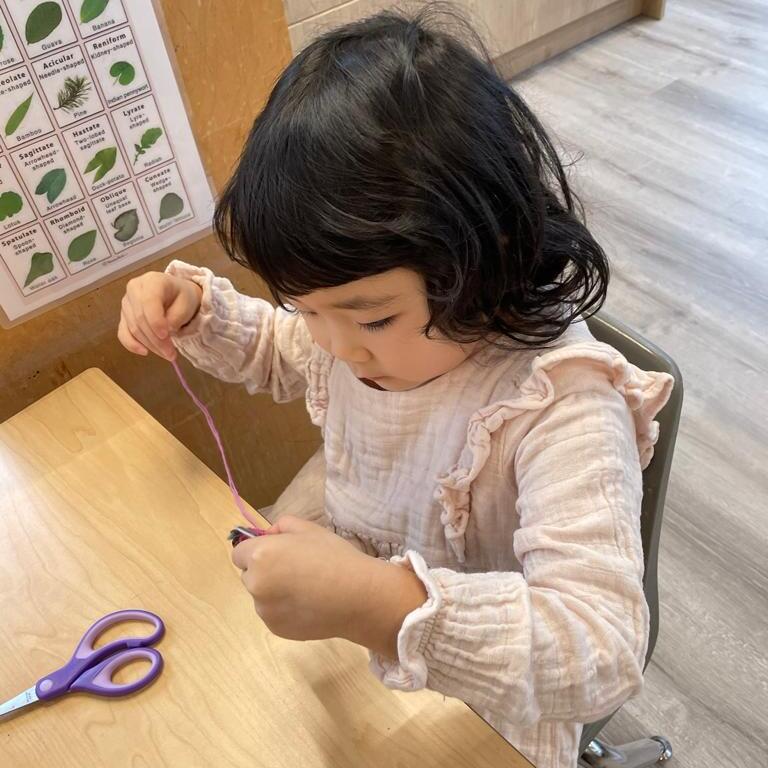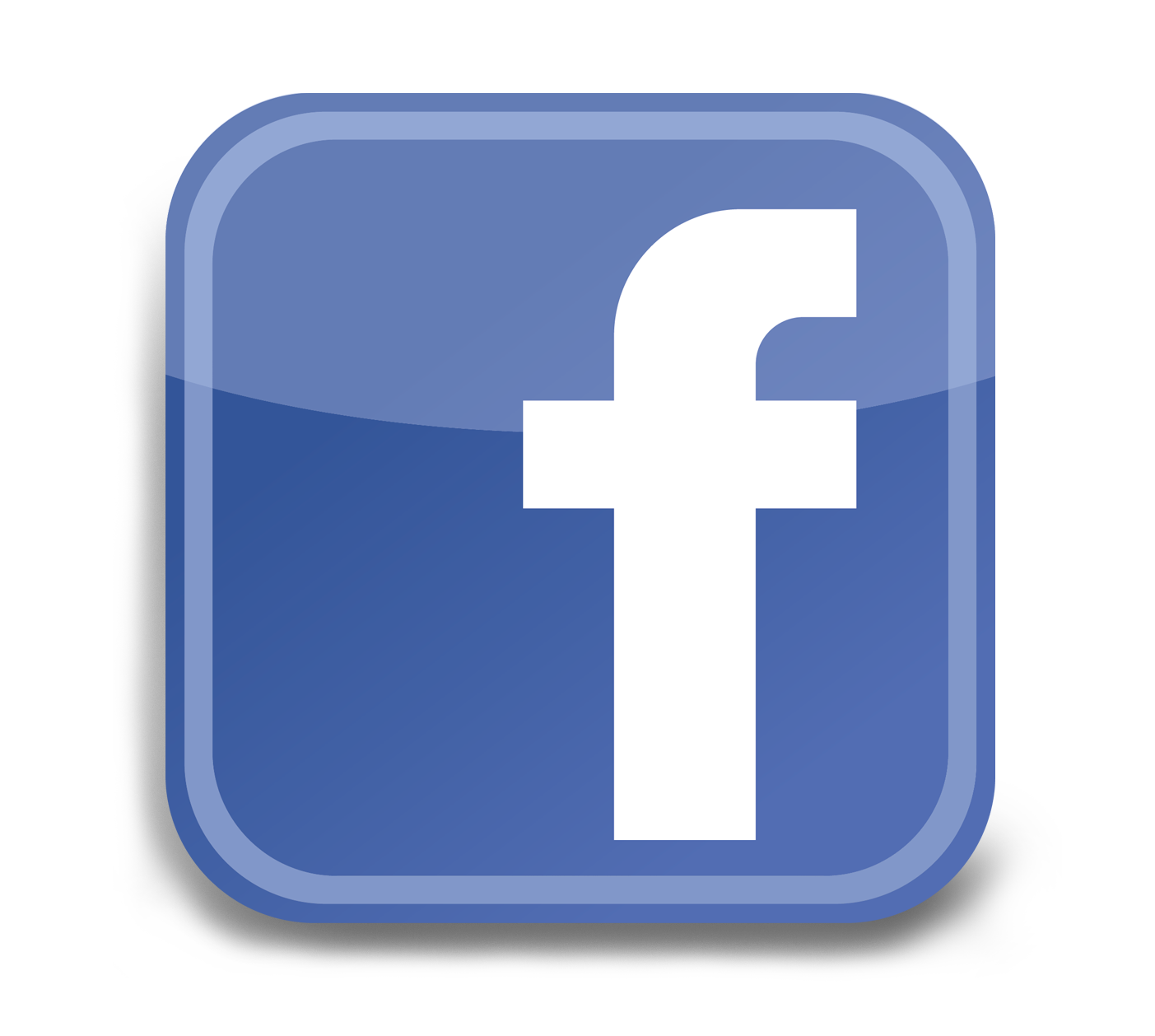The Three Year-Cycle
The Montessori method is designed as a three-year program, which is purposefully structured so that your child gets the most out of their time with us, is enthusiastic about learning, and has a solid foundation for their future education. Although children can begin at our school at any age, the program is best started when your child is three years of age, and stay in the program for the full three-year cycle so that when they get enter elementary school, they’re ready for the classroom and have a host of basic skill sets.
Children in their first year of Montessori preschool are introduced to the practical life area of the classroom, which consist of exercises such as care of self (washing hands, getting dressed), care of their environment (dusting, sweeping, washing a table), grace and courtesy (greeting an individual, saying please and thank you) and control of movement (walking on a line), through repetition of these activities, children natural instil order and independence.
In parallel with the practical life exercises, the sensorial area is also introduced to children in their first year of Montessori preschool. The three year old child spends a lot of time observing older classmates where they are indirectly being introduced to some of the more advanced work they will be doing in their second or third year.
The practical life and sensorial area of the classroom allows for children to build their concentration and prepares the mind for more advanced work in other areas of the classroom such as language and mathematics.
The three year old child is also introduced to sound games building their vocabulary and ability to recognize sounds phonetically. Some children are ready to begin their work in mathematics by gaining a concrete understanding of numbers one through ten.
In the second year of the three-year cycle, the four year old child returns to the classroom environment with familiar teachers and classmates. In this year the child will begin to carry out more complex work in the practical life area such as button sewing, washing linens and bow tying. In the second year the child will develop a deeper level of understanding in the language and mathematics area. In language he/she will begin to build three letter phonetic words using the large moveable alphabet and will be introduced to reading and writing skills. In the mathematics area of the classroom the second year child will begin to work with the decimal system and is introduced to simple mathematical operations such as addition and subtraction.
The four year old child will have the opportunity to assist their younger classmates in the environment while still having the opportunity to observe and learn from the older children (five year olds).
The third year of the three-year cycle is the most important year; it is the year of completion for the five year old child (kindergarten child). This is the year where all the work they have done in their first two years of Montessori preschool comes together. In the language area third year children will begin to read short phonetics words/stories and will then be introduced to sight words, phonograms and sentence structure. In the mathematics area four digit mathematical operations are continued using the decimal system and single digit operations are also further explored to understand how the operations work.
Children who enter a Montessori preschool at the age of three and attend all three years of the three-year cycle, will have the opportunity to work with all of the wonderful materials a Montessori environment has to offer, gaining optimum results in their early years of learning. Most important of all, children who graduate from the three-year Montessori program gain early enthusiasm for learning.
Children who graduate from the three-year Montessori program are full of passion for learning, self-confidence and have a solid foundation of education and learning for entering elementary school.



